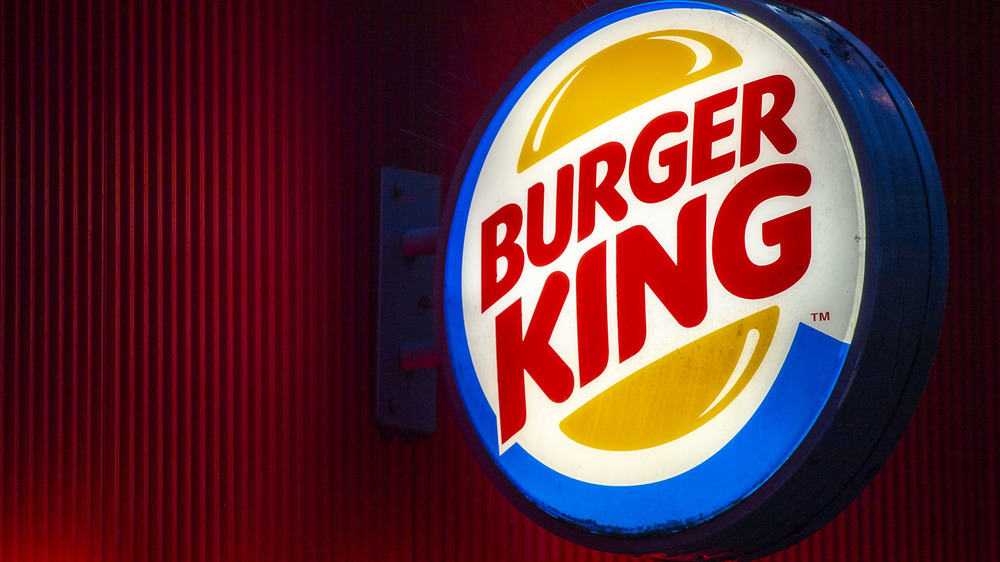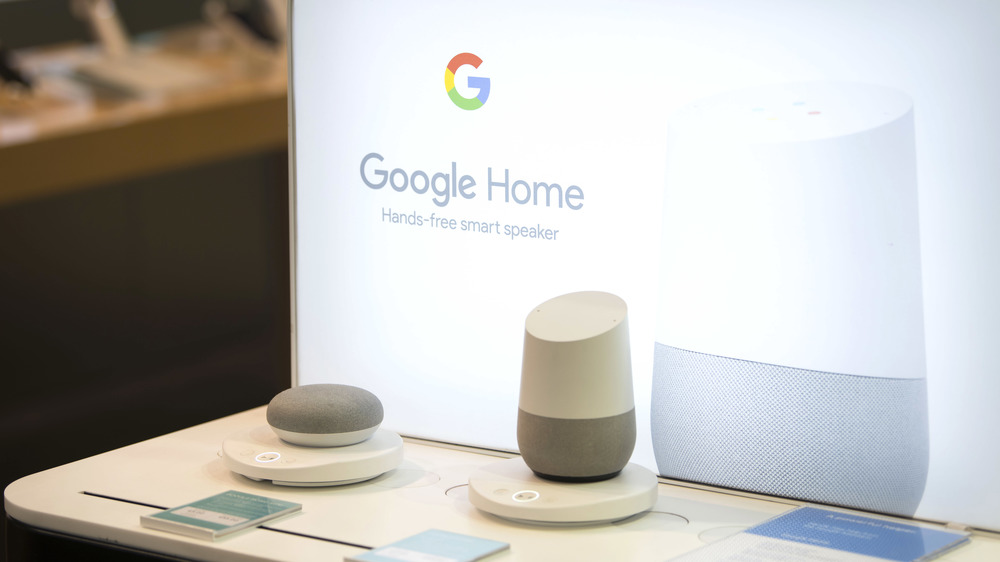The Reason This Clever Google-Trolling Burger King Ad Backfired
In April 2017, Burger King thought it would play the advertising game with a very clever, in-home tactic. As Marketing Dive describes in their reasoning for awarding Burger King with the title Campaign of the Year, the fast-food chain ran a 15-second unskippable ad in which a Burger King employee explained that the time allotted was simply insufficient to explain the wonders of the Whopper, so they end the clip by saying "Okay Google, what is the Whopper burger?" The question prompted any Google Home within hearing range in viewers' homes to read out the entirety of The Whopper's Wikipedia page.
While the attempt was clever, people realized that editing The Whopper's Wikipedia page could prove amusing. The Associated Press reported on how trolls included "cyanide" as an ingredient and redefined The Whopper as "the worst hamburger product." Within three hours, however, Google grew aware of what was happening and shut down the Burger King hack, according to Buzzfeed.
Google had already tried risky ads in the past
Google's quick shut down of Burger King's ad may be due to a realization that their customer base does not want their Google Home to spout ads, as they learned from the Disney content they ran a month earlier.
In March 2017, The Verge noted that when users said, "Okay Google, good morning," the home device would include an unwanted reminder that the Beauty and The Beast remake had released in theatres with a brief plot summary, as can be heard in this video recording uploaded to Twitter.
When asked for an explanation by The Verge, a spokesperson claimed, "This wasn't intended to be an ad. What's circulating online was a part of our My Day feature, where after providing helpful information about your day, we sometimes call out timely content."
The difference between timely content for an economic transaction and an advertisement could be debated. However, it seems that Google quickly learned that people do not want unprompted economic transactions or advertisements aired in their home, motivating them to act quickly against Burger King's cleverness.

